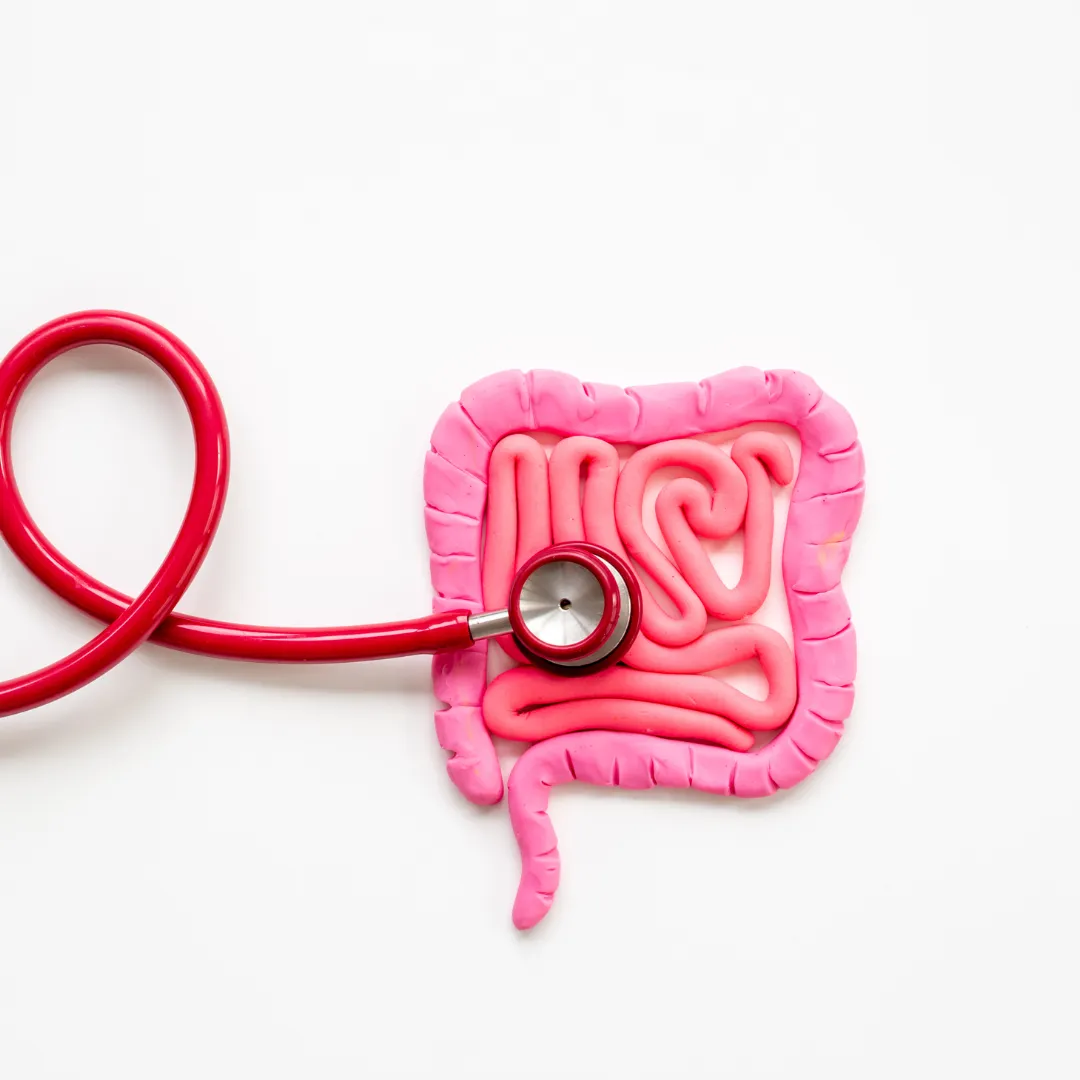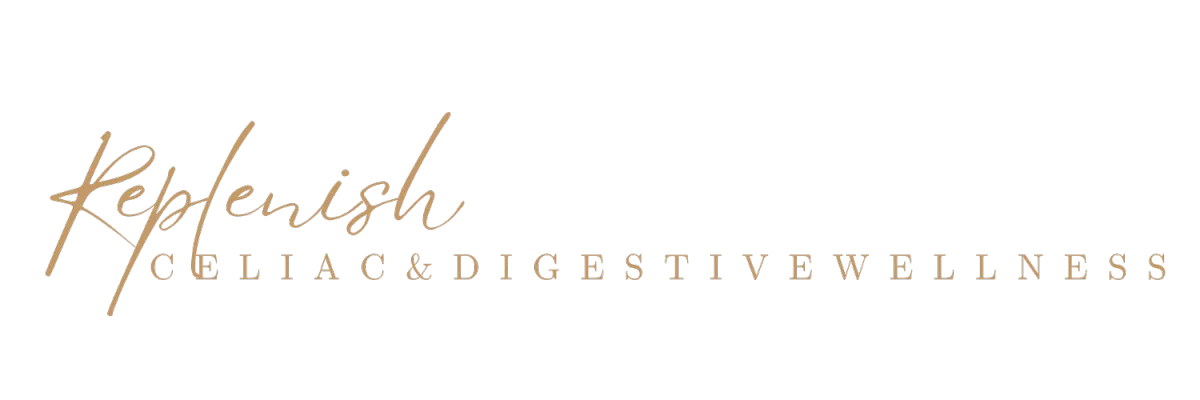FAQs and Common Misconceptions About Gut Health
Gut health has become a hot topic in recent years, with many people seeking to understand more about their digestive system and how to keep it healthy. However, with increased interest comes a fair share of misconceptions and frequently asked questions. In this post, we'll address some common FAQs and debunk prevalent myths to provide a clearer picture of gut health.
Frequently Asked Questions About Gut Health
1. What is the gut microbiome?
The gut microbiome refers to the community of trillions of microorganisms, including bacteria, viruses, fungi, and other microbes, living in the digestive tract. These microbes play vital roles in digestion, immune function, and overall health.
2. How can I improve my gut health?
Improving gut health involves:
Eating a diverse range of foods, particularly high-fiber fruits, vegetables, and whole grains.
Including fermented foods rich in probiotics, like yogurt, kefir, and sauerkraut.
Reducing intake of processed foods, sugar, and artificial sweeteners.
Staying hydrated and managing stress.
3. Are probiotics necessary for everyone?
While probiotics can benefit many people, particularly those with specific gut issues, not everyone needs to take them. A diet rich in natural sources of probiotics and prebiotics can often suffice. However, individuals with certain health conditions may benefit from supplements.
4. What are the signs of an unhealthy gut?
Common indicators include:
Persistent digestive issues such as gas, bloating, constipation, or diarrhea.
Unexplained weight changes.
Food intolerances and sensitivities.
Fatigue and poor concentration.
Skin issues like eczema or acne.
Debunking Common Myths and Misconceptions
Myth 1: "All bacteria in the gut are bad."
Truth: Not all bacteria are harmful; in fact, many are beneficial. The gut contains both good and bad bacteria, and a healthy balance of these is essential for optimal gut function. Good bacteria help digest food, produce vitamins, and protect against harmful pathogens.
Myth 2: "Probiotics alone can fix all gut issues."
Truth: While probiotics are beneficial, they are not a cure-all for gut problems. A comprehensive approach, including a balanced diet, adequate hydration, and stress management, is necessary for maintaining gut health. Probiotics should complement a healthy lifestyle rather than replace it.
Myth 3: "Gluten-free diets are inherently better for gut health."
Truth: A gluten-free diet is essential for individuals with celiac disease or gluten sensitivity. However, for those without these conditions, there is no evidence that gluten-free diets provide specific gut health benefits. In some cases, unnecessarily avoiding gluten can lead to a lack of fiber and other essential nutrients.
Myth 4: "Digestive issues are just a part of aging."
Truth: While some changes in digestion occur with age, persistent digestive problems are not a normal part of aging and should not be ignored. Many gut issues can be addressed with dietary and lifestyle changes or medical intervention.
Myth 5: "Prebiotics and probiotics are the same thing."
Truth: Prebiotics and probiotics serve different functions. Prebiotics are non-digestible fibers that feed beneficial bacteria, while probiotics are live bacteria that add to the population of good microbes in the gut. Both are important, but they are not interchangeable.
Conclusion
Understanding gut health can be complex, but addressing common questions and misconceptions helps demystify the topic. By focusing on a balanced and varied diet, incorporating both probiotics and prebiotics, and debunking prevalent myths, you can support your gut health effectively.
More Articles

Common Gut Health Issues and Their Association with Celiac Disease
Gut health is a critical aspect of overall well-being, with various conditions potentially affecting our digestive systems. Let's explore some prevalent gut health issues, including Irritable Bowel Syndrome (IBS), leaky gut, and Small Intestinal Bacterial Overgrowth (SIBO), along with their symptoms, causes, and potential long-term impacts.

Introduction to Gut Health
When we think about health, often we focus on fitness, balanced diets, and mental well-being. However, an important and sometimes overlooked aspect of our overall health lies within our gut. Understanding gut health is essential because it plays a pivotal role in many aspects of our body's functionality and well-being.

Gut Health and Mental Health: The Powerful Connection
The saying "trust your gut" might be more scientifically grounded than we realize. The connection between gut health and mental health is a fascinating and rapidly evolving area of research. Understanding this connection can be a key element in enhancing overall well-being.

Lifestyle Factors Affecting Gut Health
Our gut health is intricately linked with various lifestyle factors, including stress levels, sleep quality, and physical activity. Understanding and optimizing these factors can lead to significant improvements in digestive health and overall well-being.
About Me
Hi, I'm Jenelle!
Growing up, I faced numerous health challenges, and despite countless doctor visits, the cause of my symptoms remained a mystery. It wasn't until I embarked on my journey through a Holistic Nutrition program that I learned about celiac disease. This education prompted me to seek out a doctor willing to test me for celiac disease, an uncommon practice at the time. Finally, I received the diagnosis that changed my life. From that moment, my world transformed.
As a Doctor of Acupuncture and Holistic Nutritionist, my passion lies in helping others navigate their health journeys, especially parents dealing with their children's celiac diagnosis. I understand firsthand the relief and empowerment that come from finally getting answers and finding the right path to wellness.
As a dedicated wellness professional, I specialize in providing comprehensive health solutions rooted in holistic practices and integrative medicine. My expertise spans multiple disciplines, including holistic nutrition, traditional Chinese medicine, and acupuncture. I focus primarily on guiding parents through the complexities of managing their children's celiac disease, ensuring they have the tools and knowledge necessary for a healthy, balanced life.
Join me in embracing a life of strength and resilience. Together, we can make informed choices that nurture our health and well-being!
Testimonial

John Doe
Finance Manager
Lorem ipsum dolor sit amet, consectetuer adipiscing elit. Aenean commodo ligula eget dolor. Aenean massa. Cum sociis natoque penatibus et magnis dis parturient montes, nascetur ridiculus mus.

John Doe
Finance Manager
Lorem ipsum dolor sit amet, consectetuer adipiscing elit. Aenean commodo ligula eget dolor. Aenean massa. Cum sociis natoque penatibus et magnis dis parturient montes, nascetur ridiculus mus.

John Doe
Finance Manager
Lorem ipsum dolor sit amet, consectetuer adipiscing elit. Aenean commodo ligula eget dolor. Aenean massa. Cum sociis natoque penatibus et magnis dis parturient montes, nascetur ridiculus mus.
Get In Touch
Email: [email protected]
Address
Office: Calgary Alberta
Assistance Hours
Mon – Sat 9:00am – 8:00pm
Sunday – CLOSED
Phone Number:
XXX-XXX-XXXX


